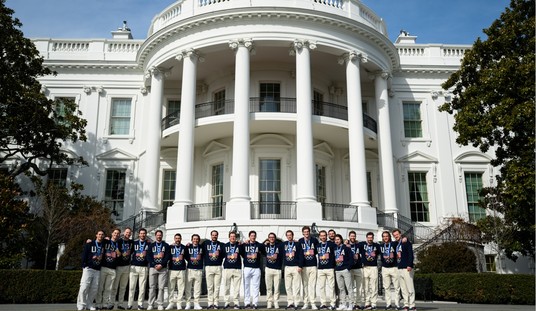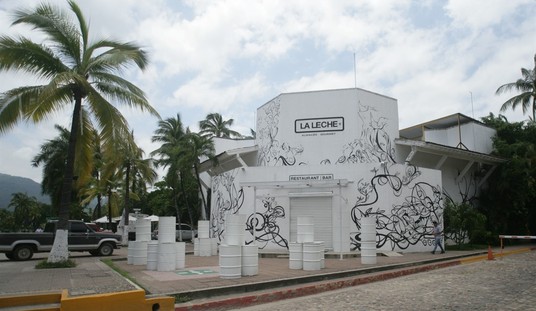=========
=========
Promoted from the diaries by streiff. Promotion does not imply endorsement.
=========
=========

Over at the Weekly Standard a piece by Thomas W. Kirby What Memory Science Can Tell Us About Christine Ford and Brett Kavanaugh intentionally or not, creates a stalking horse to distract us from questioning Christine Ford’s memories. He starts with this statement:
More often than most of us realize, honest witnesses sincerely swear to things they vividly recall but simply are not true
and, continuing, he claims that:
Importantly, witnesses often are unaware of possible defects in their memories. When we draw a blank or a blur, at least we know we do not recall. But that is not the only way memory fails us. A degraded memory may seem vivid and sharp, and witnesses with such memories testify to them with full conviction. Observers can’t detect a lie because there is no lie to be detected. We can be convinced a witness is being completely honest, but that does not mean the witness’s testimony is true. Sometimes the memory is false.
The Stalking Horse
He quotes scholarly research on how memory, even memory from recent events, can be flawed stating:
Emerging concerns over witness memories were addressed in a 2014 consensus study report by a blue ribbon group of scientists convened by the National Research Council titled Identifying the Culprit: Assessing Eyewitness Identification. The study found that eyewitness memories were more fragile than generally assumed and were easily distorted. It reported that “perceptual experiences” are both shaped “by expectations that are based on prior experiences” and “stored by a system of memory that is highly malleable and continuously evolving.”
He mentions:
“Flashbulb” memories, recollections of extreme events that seem burned into our minds for life.
And argues that:
First, these vivid flashbulb memories become inaccurate as time passes.
and
Second, witnesses with degraded flashbulb memories often were firmly and sincerely convinced their memories had not changed.
He uses seemingly irrefutable examples to show that memory doesn’t function the way many on the left want us to believe, quoting example after example of when memory fails us. He quotes studies, one where: “500 highly selected military personnel were given hard-core training in how to survive as a POW” and moves into more scholarly works, “These and other similar results were collected in a 2013 article by Joyce Lacy and Craig Stark, “ The Neuroscience of Memory.” ”
Continuing, he shows how this memory research relates to Ford’s testimony with this statement
So, apply this science to Ford’s reported recollections. She says she was a 15-year old girl attending a party in a house with several older teens.
Continuing later:
Importantly, scientists now reject the old belief that memories are simply recorded and stored intact, to be played back by the brain like a video. Instead, in a still-mysterious process, the brain calls up a few linked facts and combines them with a sense of what normally occurs to reconstruct a memory. As the 2014 report cautions, this process of memory reconstruction is complex, open to error, and may mistakenly incorporate items that then get embedded in future reconstructions. In particular, memories of the identities of attackers are easily corrupted, as the report documents. [Emphasis added]
Huh, what does that mean here?
While this is great information for the curious of mind, as I see it, one of the great failings of this piece is that he never addresses the issue of motivation of the parties in having these ‘memories’. He mentions that: “it is not only possible but perhaps even probable that errors crept in” and, hence, her testimony may be sincerely given as the truth as she remembers it and, hence, she isn’t ‘lying!’
Christine Ford and the other witnesses against Kavanaugh are progressives and, arguably, have strong motivations for the creation of memories out of whole cloth. In fairness, Brett Kavanaugh, if he were guilty of what he’s being accused of, would suffer from the same problems associated with the memory mechanism that Ms. Ford may be guilty of, that is, “this process of memory reconstruction is complex, open to error, and may mistakenly incorporate items that then get embedded in future reconstructions”
Bringing it all together: Motivations
Assuming Ms. Ford has “combined facts with a sense of what normally occurs to reconstruct a memory” she appears to have the motivation to let her mind build these memories for her. Consider:
- She had a triggering event when she heard about Kavanaugh being mentioned for a SC position during Romney’s run for president;
- She has a memory of parties and other get-togethers during her high school years;
- She may, or may not, have experienced the event she recollects but, without a doubt, either someone she knew or someone in her tribe had experienced an event of that nature;
- She is ideologically opposed to conservatives and, because Kavanaugh is one, finds him offensive or, at a minimum, highly opposed by her tribe;
- She has had a number of years for her mind to reconstruct a memory that fits the narrative she needed; and
- Her tribe, the Democrats, needed something to derail Kavanaugh’s nomination.
Unfortunately, her mind had to fill in facts to support the event her mind had recreated and her mind had to fill in more detail than it had any facts for, so she named a number of other people and a time when it happened that the mind couldn’t create a credible and/or complete history for.
So, on the face of it, because it could credibly be powered by the group imperative of her tribe, the ‘memory’ she has is more likely than not to have been recreated by her mind. On the other hand Kavanaugh, being a highly focused individual even in high school, had the aid of contemporaneously created records in the form of his schedule and other items plus the statements of the ‘recreated identities’ in Ms. Ford’s statement denying any participation in the event she remembers.
Leaving the refuge of the scholarly
Because the The Weekly Standard piece left out the key questions of motivations for the Ms. Ford’s memories it serves more as a vehicle to distract us from the question but, at the same time, presents us with the mechanism to understand why these ‘memories’ have, and will continue to, surface every time the members of the progressive’s tribe need to derail a SC candidate that the tribe must oppose.
Questioning at Thursday’s hearings not designed to understand whether the memories of both Ms. Ford and Brett Kavanaugh will be a travesty.













Join the conversation as a VIP Member